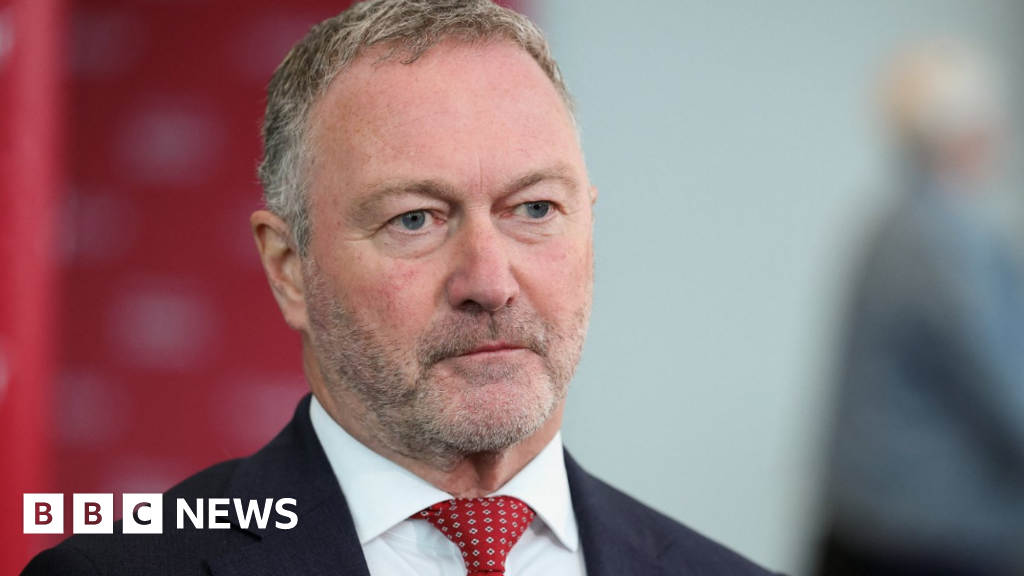
In a bid to overhaul the nation’s asylum system, the UK government has unveiled a series of controversial reforms aimed at creating what it describes as a “fair, tolerant and compassionate” system. However, the proposals have sparked significant backlash, including from within the ruling party itself, as well as from opposition MPs and advocacy groups.
The announcement comes amidst a backdrop of policy reversals over the past year, including U-turns on welfare cuts and winter fuel payments, due to pressure from Members of Parliament. Speaking on BBC Radio 4’s Today programme, Communities Secretary Reed emphasized the government’s commitment to the reforms, stating, “We can’t go on like this, it is tearing the country apart in many respects.”
Details of the Proposed Reforms
Central to the government’s plan is a shift towards temporary refugee status, with reviews every 30 months. The reforms would require refugees to reside in the UK for 20 years before applying for permanent residency, a significant increase from the current five-year requirement. Additionally, new safe and legal routes would be established, featuring an annual cap on numbers and the possibility of permanent settlement after ten years for those arriving through these channels.
Home Secretary Mahmood, addressing MPs, claimed the reforms would “restore order and control” to the asylum system. She argued that the UK’s generous asylum offer compared to other European countries was attracting more asylum seekers, which she described as an “uncomfortable truth.”
“Over the last year, 14 children who were put on those dangerous dinghies and pushed out into the English Channel lost their lives when those boats capsized… The current system creates perverse incentives for people to put children on a boat where their life is in danger and we cannot tolerate that.” — Communities Secretary Reed
Political and Public Reactions
The proposed changes have faced criticism from various quarters. Approximately 20 Labour MPs have publicly opposed the reforms, with more expressing concerns privately. Olivia Blake, MP for Sheffield Hallam, accused Mahmood of stoking division by suggesting refugees “have won a golden ticket” if granted asylum in the UK after fleeing violence and persecution.
Steve Witherden, MP for Montgomeryshire and Glyndwr, urged the government to “lead with compassion and fairness,” criticizing the long wait for permanent residency as forcing vulnerable individuals to “live in limbo for two decades.” Stella Creasy, Labour MP for Walthamstow, shared her apprehensions about deporting children who consider the UK their home, stating, “Forcibly detaining you and deporting you is not the British way forward.”
“To use children as a weapon as the home secretary is doing is a shabby thing. We are a better country than that.” — Labour peer Lord Dubs
Broader Implications and Criticisms
Beyond the political sphere, the reforms have drawn criticism from advocacy groups and other political parties. Liberal Democrat home affairs spokesperson Max Wilkinson expressed moderate support for some changes but raised concerns about the feasibility of reviewing refugee statuses every two-and-a-half years.
Meanwhile, Conservative leader Badenoch argued that the measures did not go far enough, suggesting that leaving the European Convention on Human Rights (ECHR) was necessary to effectively address the issue. Speaking at a Reform UK press conference, party leader Nigel Farage suggested that Labour’s stance was influenced by fear of losing votes to his party.
Green Party leader Zack Polanski condemned the government’s plans as “extreme” and “inhumane,” arguing that the real issue lies in inequality rather than immigration.
“Ultimately, this country does not have a problem with immigration. It has a problem with inequality.” — Green Party leader Zack Polanski
Looking Ahead
As the debate over the asylum reforms continues, the government faces the challenge of balancing public opinion, political pressures, and the moral implications of its policies. The outcome of this debate could have lasting impacts on the UK’s approach to asylum and immigration, as well as its international reputation.
For now, the government remains steadfast in its commitment to the reforms, with Home Secretary Mahmood describing the initiative as a “moral mission.” The coming weeks and months will likely see further discussions and potential adjustments as the government seeks to navigate the complex landscape of asylum policy.





